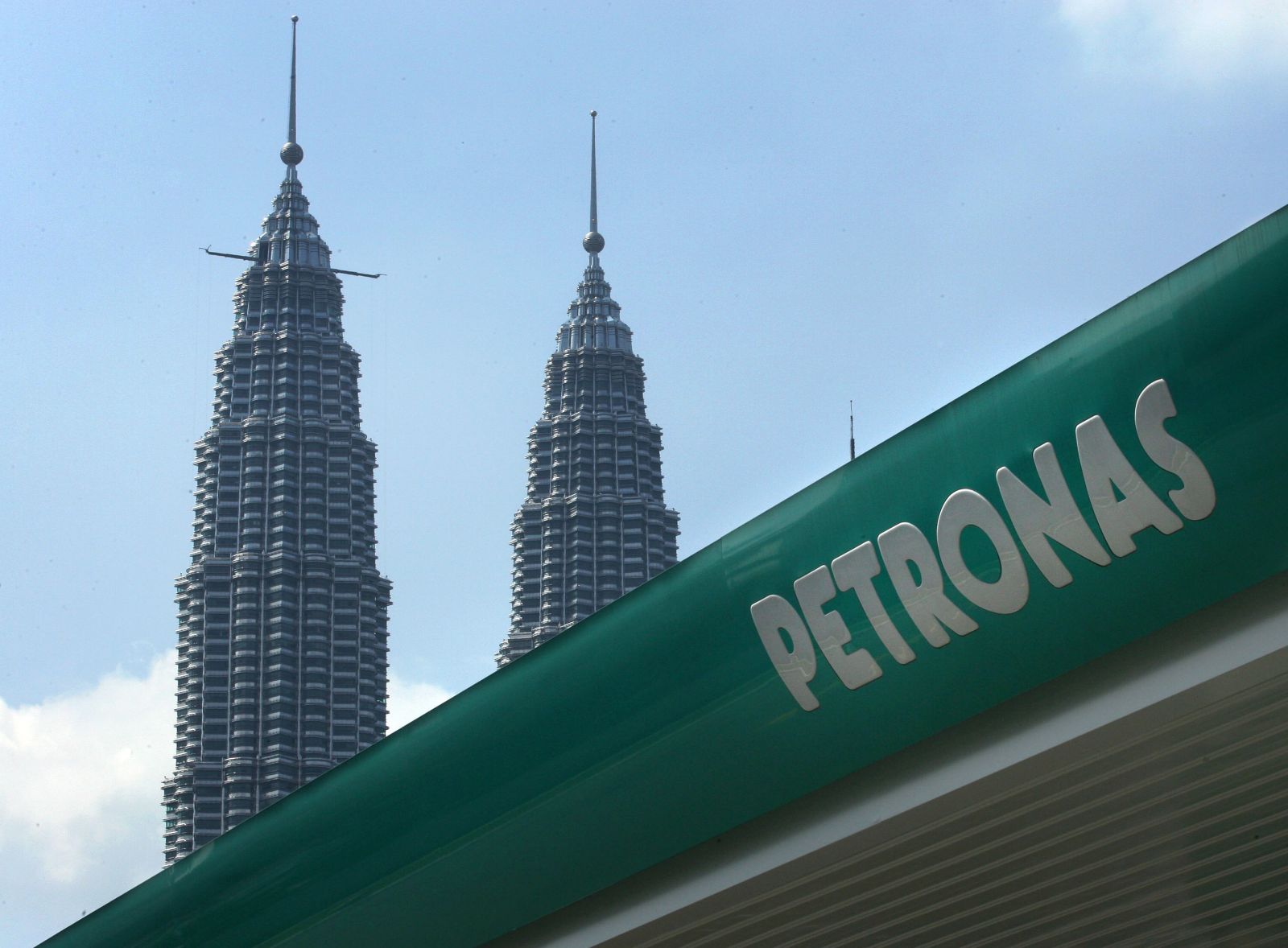THE government has been urged to consider reviewing its long-term revenue options instead of counting too much on national oil corporation Petroliam Nasional Bhd (PETRONAS).
“Reducing its obligations to the government now would enable Petronas to invest in activities that could extend its life as a source of revenue,” said Sunway University economist Yeah Kim Leng responding to a statement by Law and Institutional Reforms Minister Datuk Seri Azalina Othman Said in the Dewan Rakyat last week that Petronas’ reserves for oil and gas are projected to last for only another 15 years.

According to Azalina, who cited the Reserve Life Index data, as of Jan 1, last year, the country’s probable and proven reserves of petroleum amounted to 6.9 billion barrels of oil equivalent.
However, she stated that if significant capital investment is made and new technology is introduced, this might be extended to more than 40 years.
Yeah added that weaning the government off of Petronas might increase capital expenditure on oil exploration and other upstream activities.
“It can also enable the national oil corporation to step up its investment in renewable energy,” Free Malaysia Today reported Yeah as saying.
He also claimed that when oil prices were high, Petronas was able to pay a large dividend. For example, it paid the government an RM54 bil dividend in 2019, the highest in a decade. The average price of crude oil around the world during that year was US$64 per barrel.
However, the dividend dropped to RM34 bil in 2020 when the price of crude oil fell 33% to US$43 a barrel. This shows that Petronas’ ability to sustain high dividends is constrained by global oil prices, according to Yeah.
Despite the average price of crude oil being US$100.93 per barrel in 2022, the dividend was just RM50 bil.
“Even with crude oil price now hovering at US$84 a barrel, there is no guarantee that the dividend for 2023 will be higher than in 2022 given that the price is volatile.
“There is a need for Petronas to invest a considerable amount of money into upstream activities and new technology to extend its proven reserves while working to meet national zero-carbon emission targets.”
Moreover, Yeah further added that the government may have to rely on Petronas for short-term solutions, such as keeping the fiscal deficit and debt levels down, but not for long-term economic support.
He also said that an alternative for the government is to raise tax revenue but to that end, it has to revamp the tax base and rebalance its structure.
Furthermore, he noted that the indirect taxes amounted to RM41 bil in 2019, which was close to the dividend payout by Petronas.
Meanwhile, Center for Market Education CEO Dr Carmelo Ferlito said the lower dividend paid in 2020 could have been a strategic decision by Petronas.
“A company may be profitable but it may decide to use the profits for new investments rather than declare dividends. The company could also decide not to pay a dividend if there is a negative business forecast.
“Petronas may have reasons to keep its funds ‘at home’. The company may be trying to be prudent with its spending in light of the challenges faced.” — April 5, 2023









